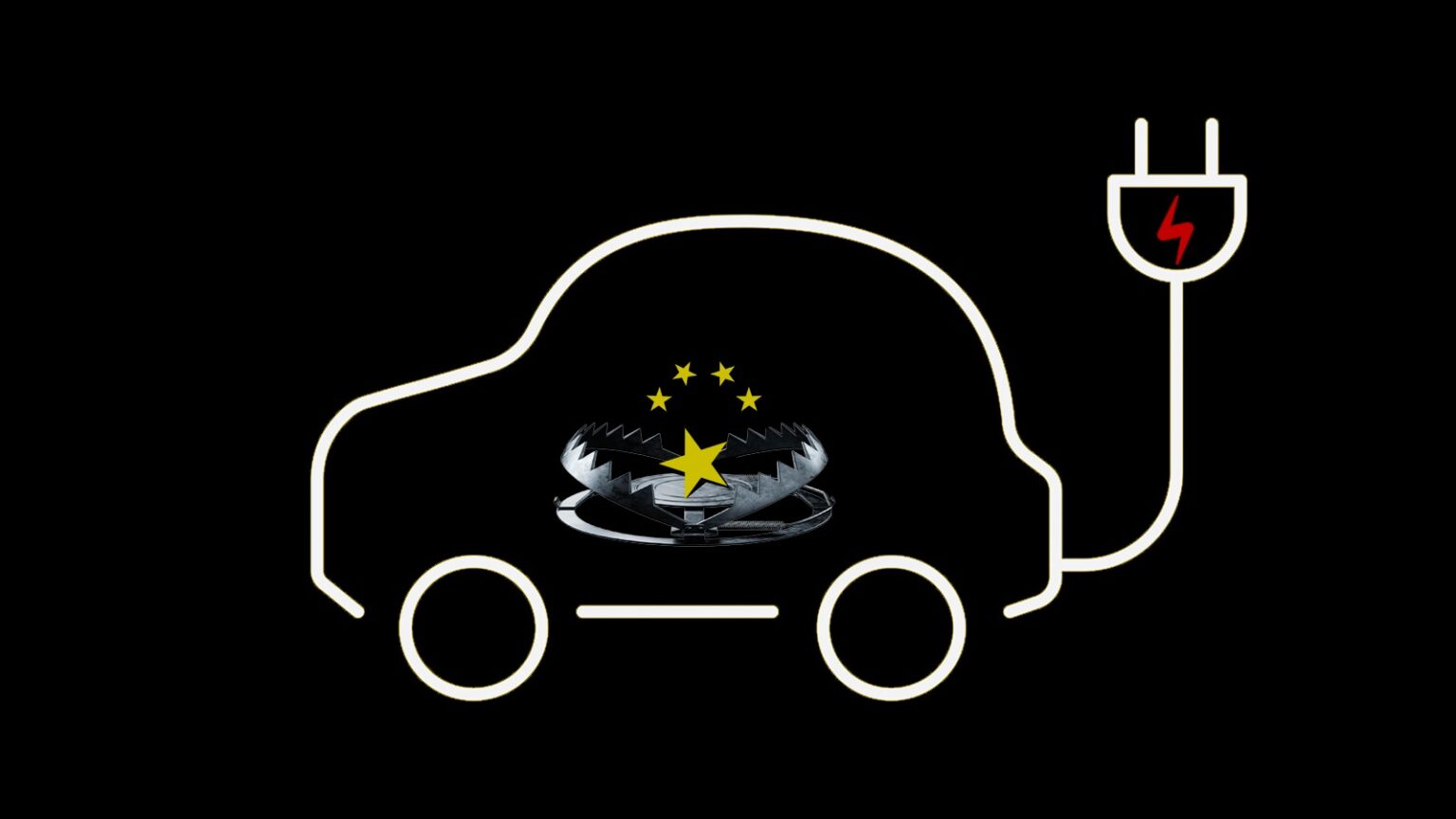The Biden administration has issued long-awaited guidance that will restrict Chinese content in batteries qualifying for electric vehicle tax credits starting next year.
In line with the guidance, the U.S. Treasury will provide a temporary exemption for certain trace-critical minerals from strict rules that prohibit materials from China and other nations identified as “Foreign Entities of Concern” (FEOC). These rules, mandated by an August 2022 law, aim to reduce dependence on China in the U.S. electric vehicle battery supply chain and hold significance for automakers making investment decisions in battery production for their electric vehicle initiatives.
The FEOC rules will be implemented in 2024 for completed batteries and in 2025 for critical minerals used in their production. The Alliance for Automotive Innovation, representing nearly all major automakers, praised the decision to grant a two-year exemption for trace materials, stating that without it, nearly all vehicles could have become ineligible for tax credits. The U.S. Treasury noted that the exempted materials each constitute less than 2% of the value of battery-critical minerals.
General Motors stated on Friday that it believes it is well-positioned to maintain consumer purchase incentives for many of its electric vehicles (EVs) in 2024 and beyond. Ford Motor had previously indicated in October that it was awaiting guidance to determine if its licensing agreement with Chinese battery maker CATL, part of Ford’s planned Michigan battery plant, would comply with the new rules. The Biden administration did not provide comments on the permissibility of such arrangements under the new rules, and Ford declined to comment.
Republican Senator Marco Rubio criticized the Biden administration’s decision, stating that the guidance appears to allow the Ford-CATL agreement to qualify. He argued that the administration was prioritizing “EV special interest groups ahead of America’s interests.”
The Energy Department outlined that a company would be considered a “Foreign Entity of Concern” (FEOC) if it is owned or controlled by a named foreign government or if an entity of concern holds a significant stake in the company.
The countries identified as concerns include North Korea, China, Russia, and Iran. The automaker group expressed concerns that companies operating in China might be considered FEOC, impacting their eligibility for incentives.
The new rules are expected to further reduce the number of electric vehicles eligible for tax credits. The law had already made vehicles assembled outside North America ineligible, and additional requirements were implemented earlier this year.
Senator Joe Manchin criticized the decision and pledged to work to reverse the proposed rule, expressing concerns about energy security. Treasury mentioned an expedited compliance method for automakers with clean supply chains to qualify until the rules are finalized.


